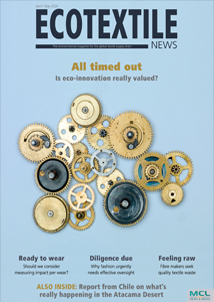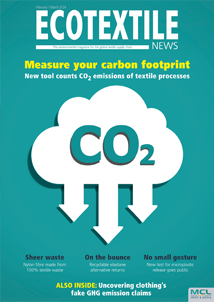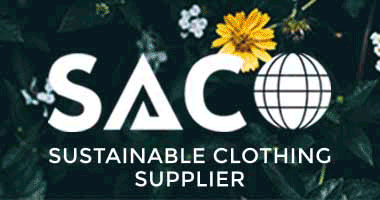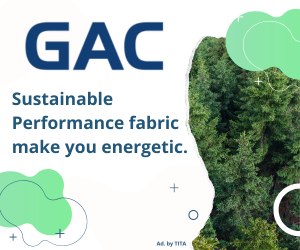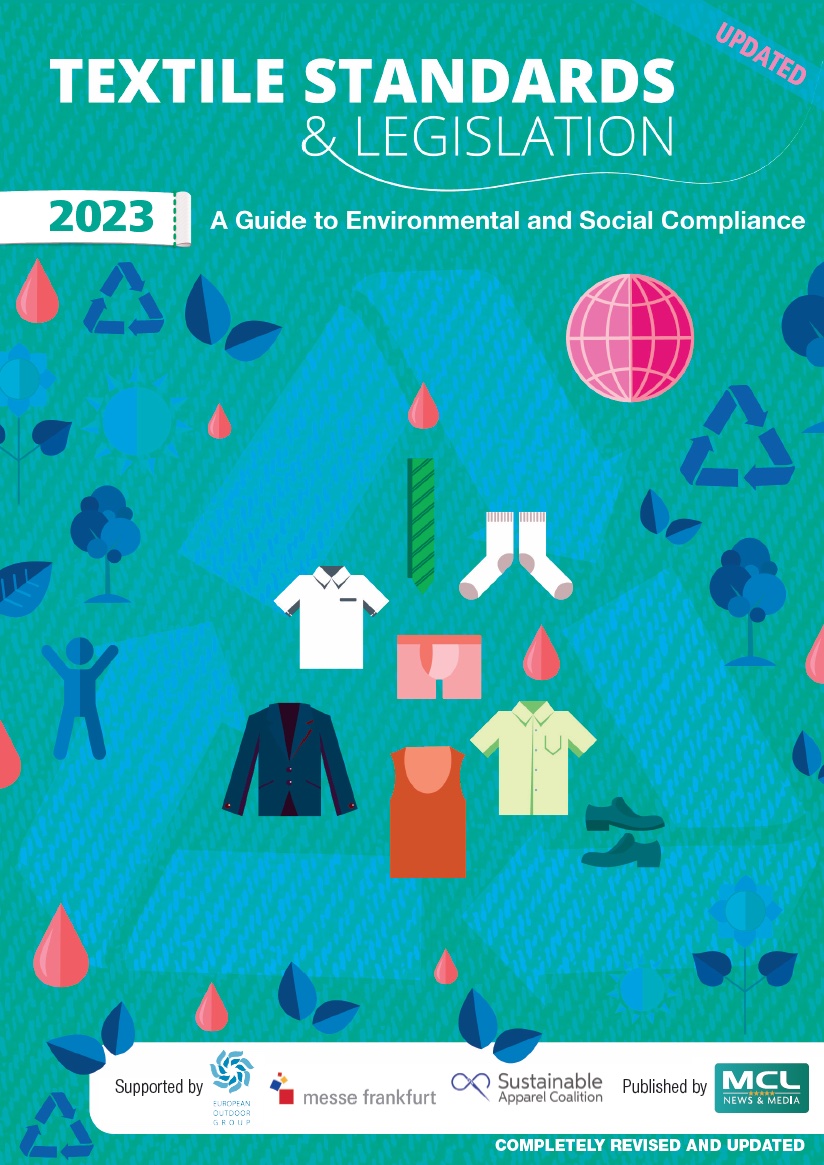WAKEFIELD – The Big Closets, Small Planet podcast returns with a look at how societies relate to profit, and how this relationship affects global sustainability challenges in the fashion industry and beyond.
Joining our host Mike Schragger, founder of the Sustainable Fashion Academy, to discuss this is Dr. Jennifer Hinton, author and post-doctoral Fellow at The Centre for Environmental and Climate Science at the University of Lund with a focus on how to transition societies beyond the pursuit of economic growth and profit.
The full podcast, published in partnership with Ecotextile News, is available below.
Schragger begins by outlining how the need for businesses to grow and produce profits in the short term is a priority, the impact being that this often undercuts their environmental pledges and other work linked to advancing sustainability.
What is the problem with this model, he asks Hinton.
“The key insight that I found in digging into what’s problematic about our economy, what is unsustainable about it, is that the business structure that dominates the economy actually drives system-wide dynamics,” she says.
“The profit motive is the engine of the global economy. If we think about the larger economy, in which there’s a market made up mostly of for-profit businesses that are all trying to enrich their owners, then we end up with some really destructive dynamics.”
This, she says, systemically drives overconsumption - people buying more items than they actually need - which leads to a host of environmental problems, including climate crisis and biodiversity loss.
“It also drives inequality,’ she adds. “We have the private owners accumulating the surplus of the system and on the other hand, there’s a built-in incentive to keep wages as low as possible in order to generate more profits.
“So you have these two dual pressures of the accumulation of profit by owners and wage stagnation for workers, just driving crazy levels of inequality, which we’re seeing all over the world, both within and between countries.”
Asking Hinton to set out her alternatives to this entrenched economic system, Schragger questions whether she is proposing that we move completely away from a for-profit model?
“Yes, exactly,” Hinton insists. “I think we have to get away from the for-profit model altogether because it’s just too inherently and systemically destructive.
“It would be a market economy like we have today. But instead of being made up of for-profit businesses that are competing to enrich their private owners, we would have a market made of not-for-profit businesses that are both collaborating and competing, to deliver as much social benefit as possible.
“And that includes environmental goals so we’re looking at social benefit from a very holistic perspective.”
Keen to explore this further, Schragger asks how this principle applies to the fashion industry.
“I think the fashion and apparel industry is a really good example of how the for-profit economy can go so wrong because it is emblematic of all of those destructive tendencies that I mentioned before of overconsumption, planned obsolescence and fast fashion,” Hinton explains.
“And then there is inequality, the wage suppression, and the harsh working conditions for people working in the fashion industry, especially on the textile floor.”
Hinton also outlines how focusing on repairing, refurbishing, and reusing, can actually release a lot more creativity for consumers. “There are already examples of circular fashion business models, but they’re really hard to keep going in this for-profit economy, because it is so ruthless,” she says.
“So that’s part of the reason we need to change the entire systems to allow the more sustainable things to really thrive.”















